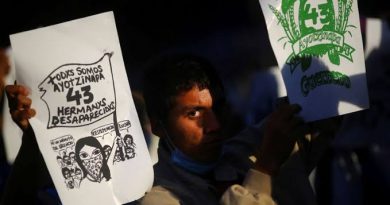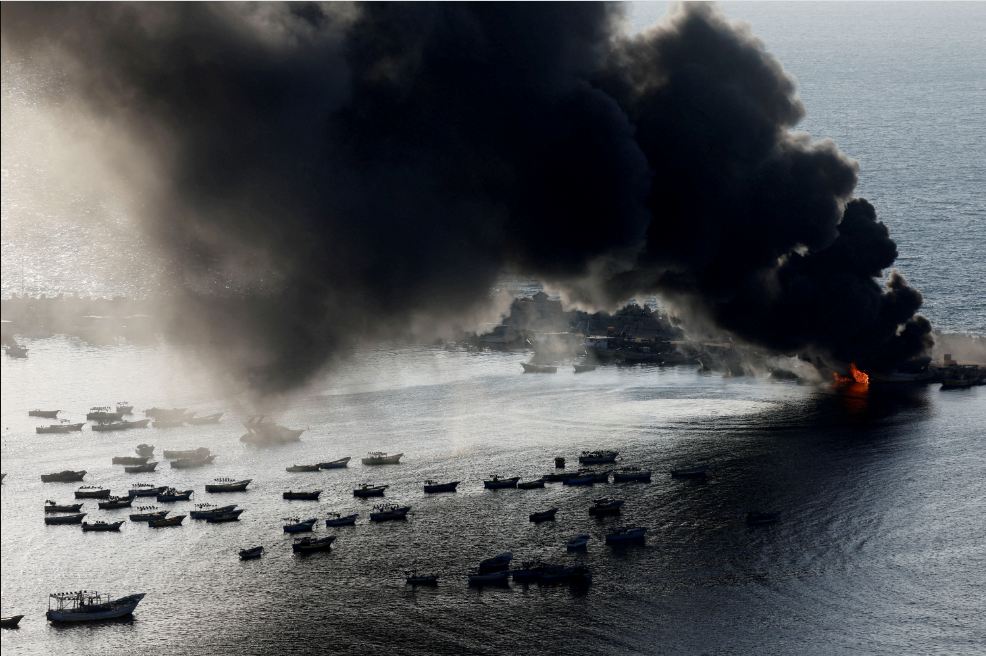United States’ Khalilzad to meet Taliban in Qatar, visit India, Pakistan
Washington (Reuters) – The U.S. special envoy on Afghanistan is on a mission to press Taliban negotiators in Doha and officials in India and Pakistan to support reduced violence, speeding up intra-Afghan peace talks and cooperating on the coronavirus pandemic, the State Department said on Wednesday.
U.S. Special Representative Zalmay Khalilzad’s trip comes amid concerns that surging Taliban attacks and the coronavirus pandemic could deal potentially fatal blows to his stalled efforts to end decades of strife in Afghanistan.
At each stop, Khalilzad “will urge support for an immediate reduction in violence, accelerated timeline for the start of intra-Afghan negotiations, and cooperation among all sides in addressing the COVID-19 pandemic in Afghanistan,” the State Department said.
The statement did not disclose the exact schedule of Khalilzad’s trip that began on Tuesday.
It is the second trip he has made since April 12 in the midst of the pandemic to salvage a Feb. 29 accord that he and the Taliban’s second in command, Mullah Abdul Ghani Baradar, signed for a phased withdrawal of U.S. troops from America’s longest war.
A successful initiative could help U.S. President Donald Trump as he seeks re-election in November.
Khalilzad, the State Department said, would press Taliban officials “for full implementation” of the Feb. 29 agreement.
In New Delhi, a key supporter of the Afghan government, Khalilzad will discuss India’s role in sustaining peace, and he will hold talks on the peace process in Islamabad, the State Department said.
Pakistan has provided sanctuary and other support to the Taliban for decades as part of a strategy to blunt the influence in Kabul of India, Islamabad’s long-time foe, according to U.S. officials. Pakistan denies backing the militants.
The U.S.-Taliban deal called for the Taliban to release up to 1,000 government prisoners and Kabul to free up to 5,000 Taliban prisoners before peace talks that were to begin on March 10.
But a dispute over the pace and scale of the releases between the militants and the government of Afghan President Ashraf Ghani, which was not a party to the deal, helped delay the talks.
The negotiations also have been stalled by a feud between Ghani and his rival, Abdullah Abdullah, who both claimed victory in a disputed September election, and by escalating Taliban attacks.
The Taliban have mounted more than 4,500 attacks since signing the Feb. 29 deal, according to data seen by Reuters. The provinces hardest hit are ones with the most COVID-19 infections. The militants blame Kabul and the United States for the surge in violence.



